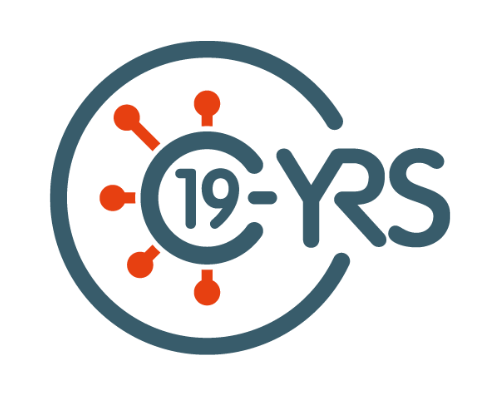Ash
Senior Member (Voting Rights)
On the one hand this is quite the usual nonsense so ubiquitous that we're essentially forced to tune out of it to survive.
On the other this is a simultaneous resurgence and retrenchment that could push us all the deeper into abandonment isolation debility and death.
I'm thinking about our future interventions with NHS services of any sort and whether the charities will allow this document to pass and its proponents to further derail such interactions for us.
On the other this is a simultaneous resurgence and retrenchment that could push us all the deeper into abandonment isolation debility and death.
I'm thinking about our future interventions with NHS services of any sort and whether the charities will allow this document to pass and its proponents to further derail such interactions for us.
Last edited:


